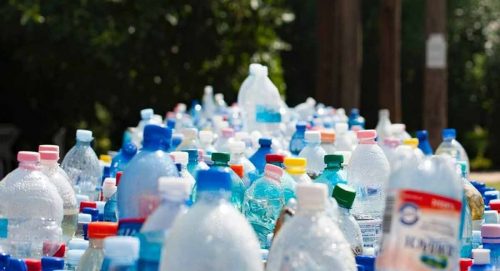
Will banning single-use plastics impact our health?
Single-use plastic products will be banned from July 1. Dr Ravindra Khaiwal, Professor of Environmental Health, PGI, Chandigarh, explains why this step is needed to maintain public health and the ecosystem.
Combating pollution caused by single-use plastics has become a significant environmental concern for all nations. The detrimental effects of littered single-use plastic products on terrestrial and aquatic ecosystems, particularly on the marine environment, are acknowledged globally. Ingestion of single-use plastic can damage reproductive organs, lungs, and the neurological system. An estimated 150 million tonnes of plastic garbage are actually floating in our waters, harming species and altering the marine ecosystem. Therefore, by prohibiting these plastic items, the Government can reduce plastic waste production.
How will the ban help our environment and health?
It is estimated that almost 15 per cent of our plastic is burnt. The burning of plastics emits hazardous chemicals such as dioxins, furans, mercury and polychlorinated biphenyls (PCBs) into the atmosphere, endangering the health of humans, animals and even plants.
We are irresponsibly destroying the environment for profits. Burning plastic contributes significantly to air pollution and even residents close to and employees of dumpsites are at a greater risk of getting respiratory ailments and cancer. It makes no sense to produce items such as plastic whose value is assessed in minutes and endures eternally without depreciating.
What are the alternatives to single-use plastics?
The ban on single-use plastic will harbour innovation, specifically for plant-based rapid biodegradable products. Similarly, bio-based plastics or bioplastics are becoming increasingly prevalent. Bioplastics are manufactured in whole or in part from biological resources.
We can use bamboo, paper, or metal straws to replace plastic straws. Further, we can promote edible straws such as pasta straws or rice straws. We can encourage reusable water bottles and tap water to replace bottled water. Promote bamboo or another reusable and edible cutlery. Replace plastic shopping bag with a reusable cloth bag. Attach balloons with string/holder. Opt for kites, paper ribbons and flags, as well as tissue balls.
Promote a smoking ban; until then, cigarette buds should have biodegradable cigarettes and filters. Natural fibres can be used for sponges and dish rags with scrubbers. Replace plastic cotton buds with bamboo or paper cotton buds that are disposable or go for reusable cotton buds. Use washable cloth diapers, diapers without plastic and biodegradable wet wipes.
